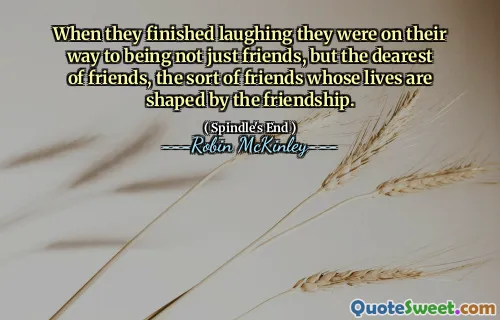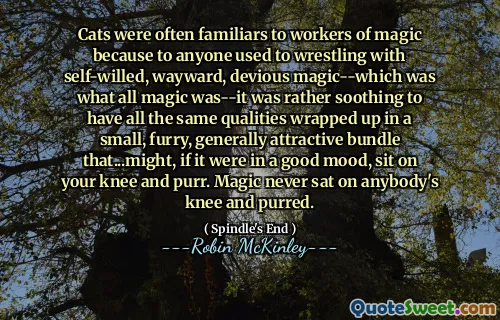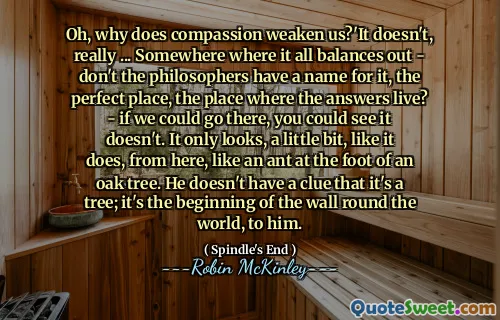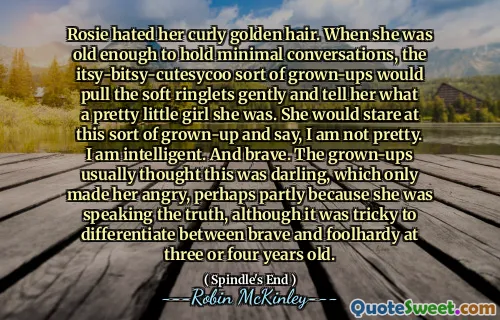
Rosie hated her curly golden hair. When she was old enough to hold minimal conversations, the itsy-bitsy-cutesycoo sort of grown-ups would pull the soft ringlets gently and tell her what a pretty little girl she was. She would stare at this sort of grown-up and say, I am not pretty. I am intelligent. And brave. The grown-ups usually thought this was darling, which only made her angry, perhaps partly because she was speaking the truth, although it was tricky to differentiate between brave and foolhardy at three or four years old.
Rosie had a strong dislike for her curly golden hair. As a child, she often interacted with adults who would affectionately tug at her ringlets and compliment her beauty. Despite these compliments, Rosie firmly believed that her worth lay not in her appearance but in her intelligence and bravery. Her assertiveness, however, seemed to amuse the grown-ups, which only fueled her frustration.
At such a young age, Rosie grappled with complex feelings about courage and foolishness, making it challenging to fully understand her own emotions. Rather than accepting the superficial praise, she chose to emphasize her inner qualities, reflecting a deeper struggle with identity beyond societal expectations placed on young girls.











